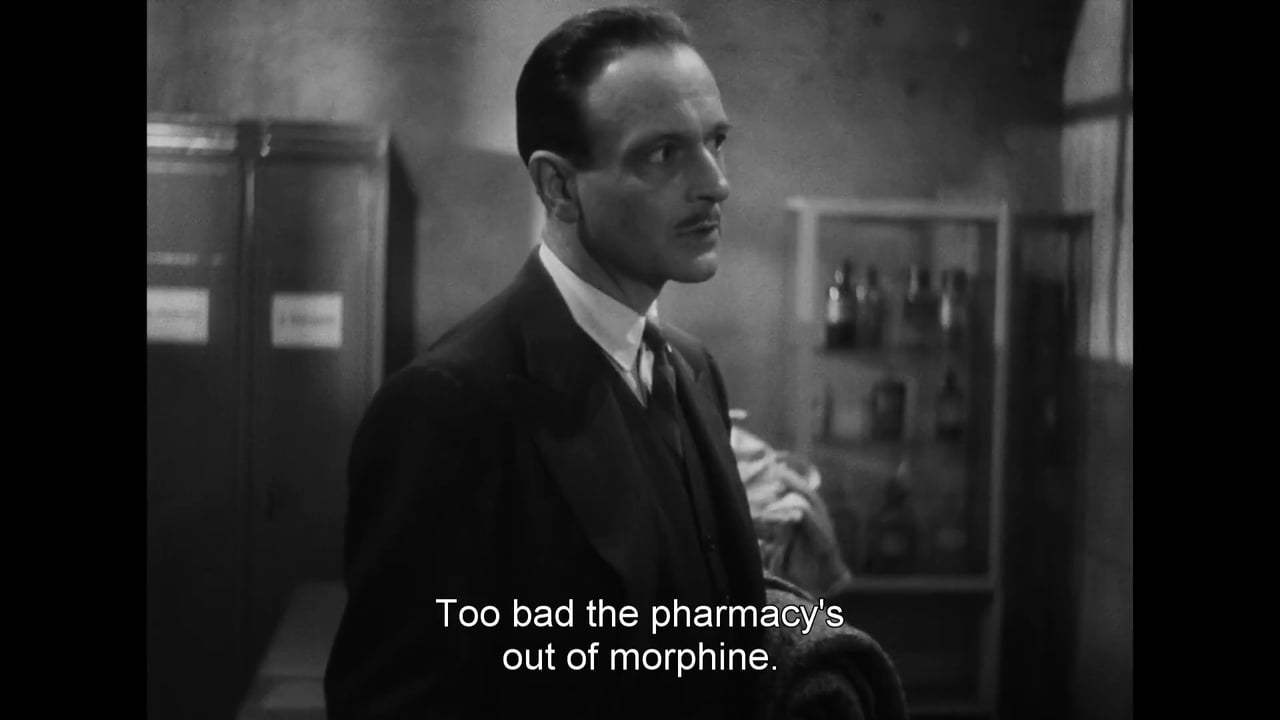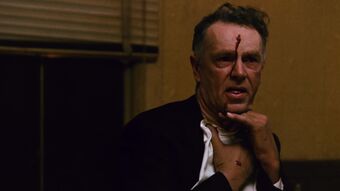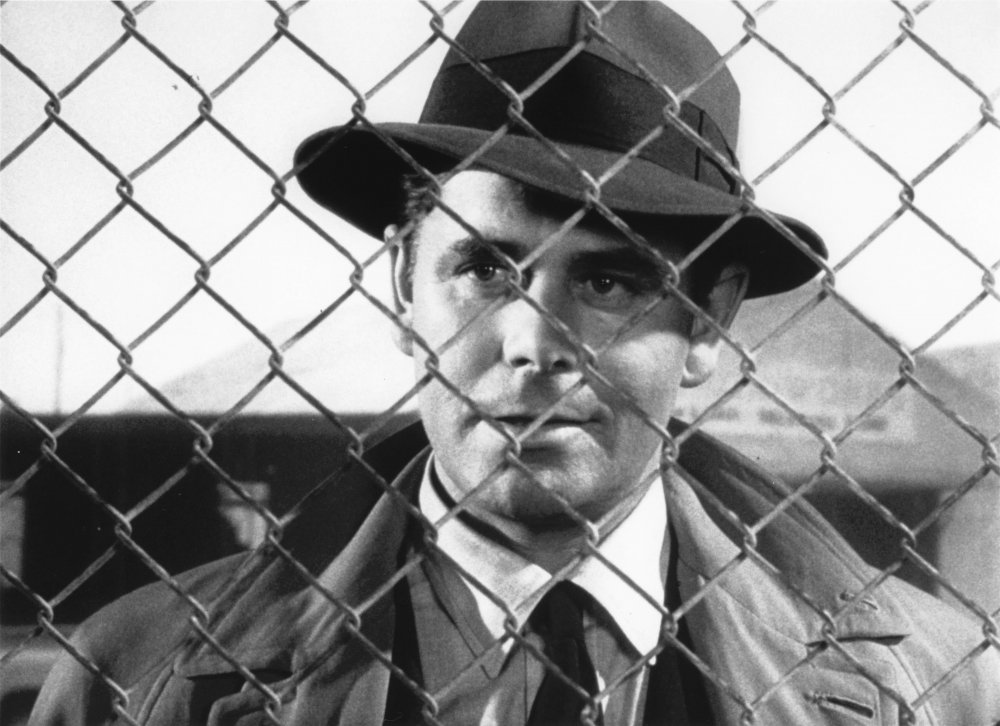Le Corbeau (1943)
Directed by: Henri Georges Clouzot
Starring: Pierre Fresnay, Pierre Larquey, Ginette Leclerc
At the time of Le Corbeau's release, most films in France featured some form of escapism for its citizens, as audiences did not need to be reminded that informants were everywhere, and that you could even be betrayed by those closest to you. Instead of supplying any kind of relief, Clouzot took an incredibly daring chance with this dark, scandalous thriller that is steeped in paranoia. A film like this could not have been made in America, since it contains a lot of content that the Hays Code would have simply forbidden.
Le Corbeau provides a scathing view of the bourgeoisie, and contains social commentary that is still applicable to this day. Rumours and slander can forever alter a person's reputation regardless of their merit, and sometimes truths can have unintended consequences. The dangers of mass hysteria are also ever relevant, and hit particularly hard during the current global pandemic. So it's a shame that many perceived this film as an explicit condemnation of the French, and went as far as banning Clouzot from working in the country. It's scope is not that narrow.
While the film doesn't contain many of the elements that have since become synonymous with noir, its bleak vision of the world certainly fits into the genre. No character, not even the children, remain unblemished. Some of the lightning effects, especially those in the later scenes, do provide a touch of that familiar aesthetic as well. The mystery surrounding the titular Corbeau is quite intriguing, though its final revelations are not that shocking. I did find the conclusion satisfying regardless, and am glad that the film was nominated.
Le Corbeau provides a scathing view of the bourgeoisie, and contains social commentary that is still applicable to this day. Rumours and slander can forever alter a person's reputation regardless of their merit, and sometimes truths can have unintended consequences. The dangers of mass hysteria are also ever relevant, and hit particularly hard during the current global pandemic. So it's a shame that many perceived this film as an explicit condemnation of the French, and went as far as banning Clouzot from working in the country. It's scope is not that narrow.
While the film doesn't contain many of the elements that have since become synonymous with noir, its bleak vision of the world certainly fits into the genre. No character, not even the children, remain unblemished. Some of the lightning effects, especially those in the later scenes, do provide a touch of that familiar aesthetic as well. The mystery surrounding the titular Corbeau is quite intriguing, though its final revelations are not that shocking. I did find the conclusion satisfying regardless, and am glad that the film was nominated.
__________________




 Oh, on the DVD extras of The Asphalt Jungle is an old interview with Sterling Hayden. It's short, but fascinating to hear him talk about his role in the McCarthy Communist investigations and just talking about himself. He's a pretty interesting dude!
Oh, on the DVD extras of The Asphalt Jungle is an old interview with Sterling Hayden. It's short, but fascinating to hear him talk about his role in the McCarthy Communist investigations and just talking about himself. He's a pretty interesting dude!



